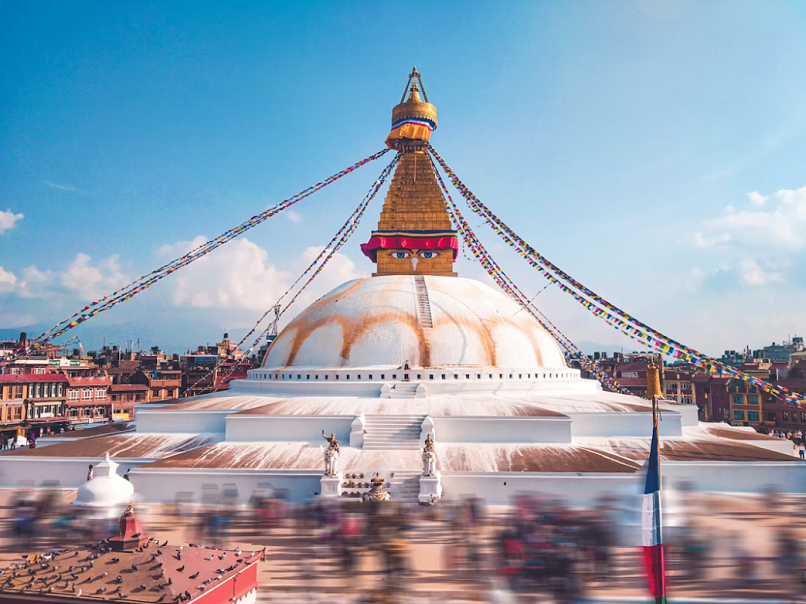Nepal VPN Use Up 6,000% Amid Social Media Ban

Popular VPN provider, Proton VPN, reported a sixfold increase in VPN app downloads following a social media ban in Nepal. The ban triggered a spate of nationwide protests, which turned violent and claimed the lives of at least 19 protesters in clashes with police.
On August 25, Nepal’s cabinet ordered all social platforms to register with the Ministry of Communications & Information Technology within a 7-day window from 28 August to 4 September. According to lawmakers, the goal of the directive was to ensure platforms are held accountable under Nepalese law and to curb the spread of harms like fake IDs and hate speech.
Social media companies would also be forced to appoint local representatives to liaise with local authorities and ensure compliance. However, this triggered widespread concern that the government’s main objective is to curtail dissent and tighten content moderation.
Most major social platforms did not comply by the deadline, including Facebook, X, YouTube, and WhatsApp, and were subsequently blocked. Platforms that did comply, like TikTok and Viber, were left unaffected. None of the blocked platforms have made an official statement regarding why they failed to register.
Regardless, protests erupted in Kathmandu on 8 September as a result. Confusion over the scope of the social media blackout, as well as discontent over the perception of corruption and skewed wealth of the political elite, seemingly fueled the unrest. The hashtag #nepokid, which has been gaining traction the entire year, also boomed during the protests.
Protests escalated in the aftermath of the deaths, leading to the parliament building and ministers’ homes being torched. Videos also emerged of Nepalese officials being physically assaulted in the streets. As a result, the ban was repealed on 9 September, shortly before the prime minister, K.P. Sharma Oli, resigned.
The media labeled the movement as the “Gen-Z protests,” with most participants being of a younger age. Protesters were also widely seen holding up signs with various hashtags as well as slogans like “youth against corruption.”
Nepal has one of the highest social media penetration rates in the world at nearly 50%. It also has a fairly young population, with a median age of 27.1%.
The surge in VPN use mirrored the response to free speech limitations in other countries, such as when the UK enacted its Online Safety Act and Papua-New Guinea ran a “Facebook ban test.”



Please, comment on how to improve this article. Your feedback matters!